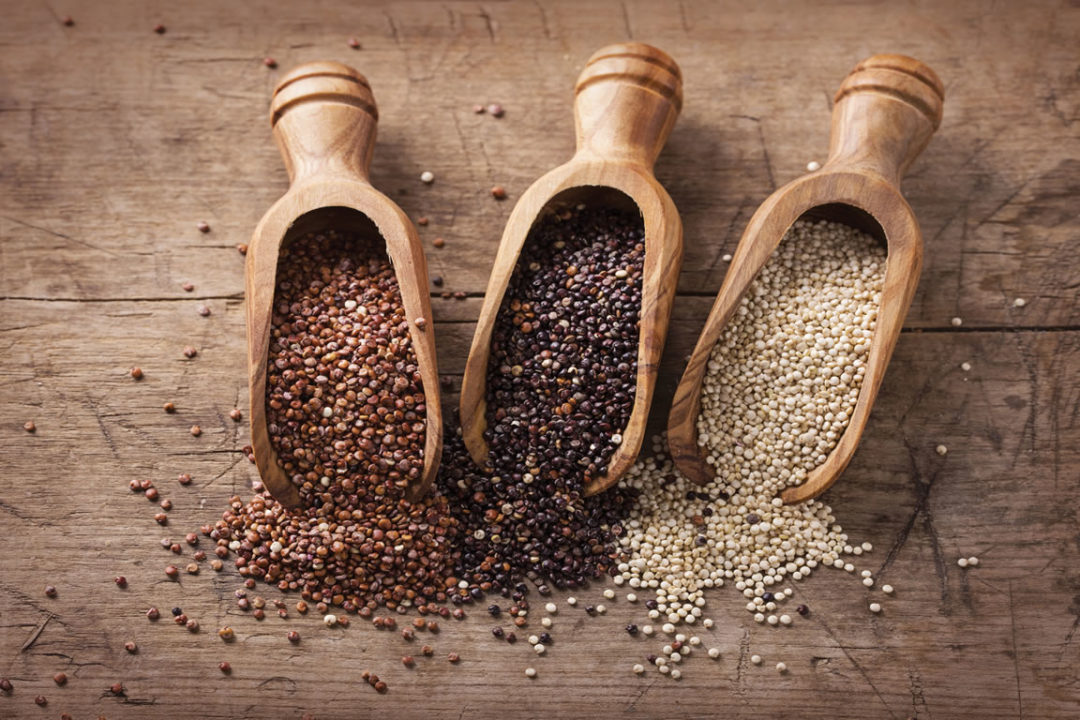The study,published in Nutrients,used findings from national follow-up studies such as the FinHealth Study to assess health and economic effects of increased consumption of whole grain foods.
"By combining population-level data on the incidence of type 2 diabetes and the costs of its treatment, as well as published evidence on the effects of how consumption of whole grain foods reduces the incidence of type 2 diabetes, we were able to assess the potential health and economic benefits from both social and individual viewpoints," said Professor Janne Martikainen from the University of Eastern Finland.
The findings: "Our study shows that already one serving of full grains as part of the daily diet reduces the incidence of type 2 diabetes at the population level and, consequently, the direct diabetes-related costs, when compared to people who do not eat whole grain foods on a daily basis," Martikainen shared. “Over the next ten years, society's potential to achieve cost savings would be from 300 million (-3.3%) to almost one billion (-12.2%) euros in current value, depending on the presumed proportion of whole grain foods in the daily diet. On the level of individuals, this means more healthier years.”
Related: Healthy Aging Event Talks Top Trends Study Reveals Potential Impact of Proposed Sugar-Reduction Policy FDA, FTC Send Warning Letters to 10 Companies over Diabetes Claims
Type 2 diabetes is one of the fastest-growing chronic diseases in Finland and globally. Lower risk of diabetes has been associated with daily consumption of whole grain foods in numerous studies, a press release states."According to nutrition recommendations, at least 3-6 servings of whole grain foods should be eaten daily, depending on an individual's energy requirement," Research Manager Jaana Lindström from the Finnish Institute for Health and Welfare says. “One third of Finns do not eat even one dose of whole grains on a daily basis, and two thirds have a too low fiber intake.”









